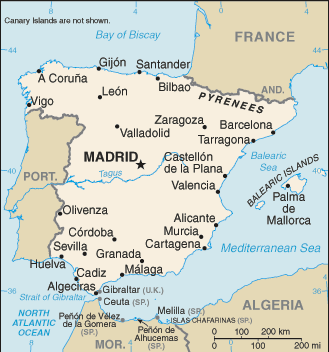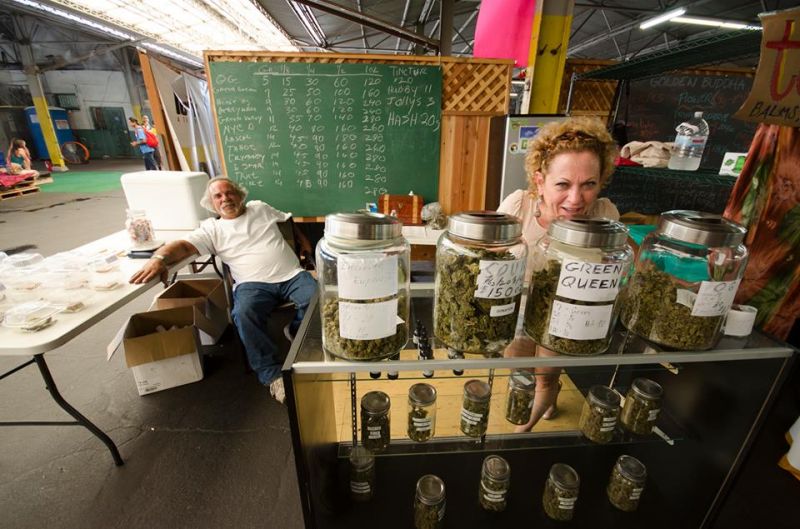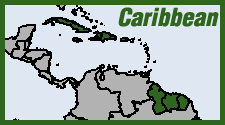 The decrim train rolled into Philadelphia on June 19 as the City Council voted 13-3 to end marijuana arrests. As of September, if you're caught with 30 grams or less, the worst that can happen is a $25 fine. This is nothing short of a historic day for civil rights in Philadelphia,” says PhillyNORML co-chair Chris Goldstein. “We can now stop the practice of having the harshest penalties in the commonwealth of Pennsylvania for having a small amount of marijuana.” The veto-proof vote means that the ordinance, sponsored by Councilman Jim Kenney, will be enacted by September, although Mayor Michae Nutter, who opposed the ordinance, could sign it into law immediately.
The decrim train rolled into Philadelphia on June 19 as the City Council voted 13-3 to end marijuana arrests. As of September, if you're caught with 30 grams or less, the worst that can happen is a $25 fine. This is nothing short of a historic day for civil rights in Philadelphia,” says PhillyNORML co-chair Chris Goldstein. “We can now stop the practice of having the harshest penalties in the commonwealth of Pennsylvania for having a small amount of marijuana.” The veto-proof vote means that the ordinance, sponsored by Councilman Jim Kenney, will be enacted by September, although Mayor Michae Nutter, who opposed the ordinance, could sign it into law immediately.

 Spanish authorities on July 19 announced the arrest of wanted Colombian kingpin Hernán Alonso Villa AKA "El Ratón" (The Mouse), who was apprehended on a highway outside the Mediterranean port of Alicante. Alonso Villa is said to have been a top European operative for the
Spanish authorities on July 19 announced the arrest of wanted Colombian kingpin Hernán Alonso Villa AKA "El Ratón" (The Mouse), who was apprehended on a highway outside the Mediterranean port of Alicante. Alonso Villa is said to have been a top European operative for the  Los Angeles' first-ever marijuana farmers market was
Los Angeles' first-ever marijuana farmers market was  The media (
The media ( In another sign of the new progressive tilt in New York City politics, the
In another sign of the new progressive tilt in New York City politics, the  The United Kingdom's ban on possession, sale and importing of khat took effect at the end of June, officially making the midly stimulating leaf a restricted
The United Kingdom's ban on possession, sale and importing of khat took effect at the end of June, officially making the midly stimulating leaf a restricted  At the semi-annual summit of the Caribbean Community (
At the semi-annual summit of the Caribbean Community ( Gov. Andrew Cuomo signed a bill into law July 7 that makes New York the 23rd medical marijuana state. Advocates celebrated a deal struck last month between Cuomo and the state legislature that will protect qualified patients from arrest, prosecution and discrimination, and license up to 20 distribution facilities across the state. The new law empowers the New York State Department of Health (
Gov. Andrew Cuomo signed a bill into law July 7 that makes New York the 23rd medical marijuana state. Advocates celebrated a deal struck last month between Cuomo and the state legislature that will protect qualified patients from arrest, prosecution and discrimination, and license up to 20 distribution facilities across the state. The new law empowers the New York State Department of Health (






Recent comments
2 weeks 1 day ago
2 weeks 1 day ago
5 weeks 2 days ago
6 weeks 1 day ago
10 weeks 1 day ago
14 weeks 3 hours ago
18 weeks 8 hours ago
18 weeks 5 days ago
28 weeks 5 days ago
32 weeks 6 days ago